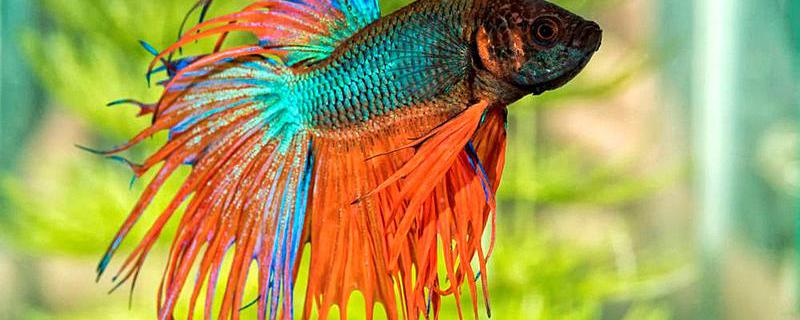
the water for hatching fish eggs? You don't need to change the water for hatching fish eggs. Fish eggs are very sensitive to fluctuations in water quality. If you don't pay attention to them, they will die in large numbers. So try not to change the water. As long as the filter is turned on, there will be no problem in general. It should be noted that fish eggs have a certain degree of adhesion, so it is better to plant some aquatic plants in the tank, so that the water flow is not easy to wash away the fish eggs, so as to avoid the fish eggs entering the filter, resulting in their failure to hatch.
should we pay attention to when changing water? 1. Frequency: First of all, we should pay attention to the frequency of changing water. If we change water too frequently, it will stimulate the fish. Usually, we can change it once every five to seven days. If there is a filter in the fish tank, the water quality can be maintained for a longer time, so that the water change cycle can be extended, even once a half month.
2. Amount of water: Generally, the amount of water changed should not exceed one third of the total amount, otherwise too much new water will cause fluctuations in water quality, which is not conducive to the health of fish. Usually, if the water is changed frequently, the amount of water should be changed less, one fifth each time, and more for a long period of time.
3. Temperature: It is better to keep the same temperature before and after water change to avoid excessive temperature difference. The difference between old water and new water should not exceed 2 ℃. You can measure the temperature of some old water before changing the water, and then add hot water or cold water to the new water to control the temperature. If you use cold water, you should also use the trapped water.